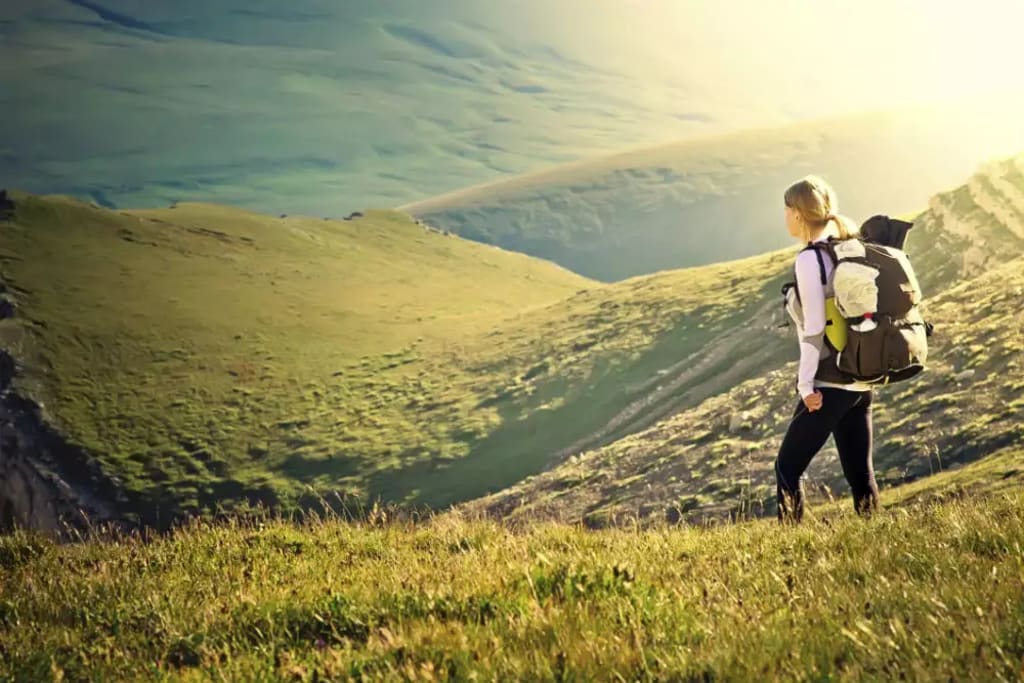
Walking across the countryside is relaxing and rejuvenating. It invigorates both the body and the mind.
Getting away from our screens and into the forest canopy allows us to see the sky in ways that the metaverse cannot. The silence can feel like a welcome reprieve, a soothing juxtaposition to the chaos and clamor of cities.
However, the silence is disconcerting and alarming. It does not reflect a healthy natural ecosystem or terrain. A plethora of unheard voices and calls are warning us of the deadly catastrophic planetary road we have taken, leading us to Rachel Carson's "The Silent Spring" predicted 40 years ago.
What happened to the world's insects?
Those of us over a certain age recall summer vacations spent driving down the highway. The terrible carcasses of insects hit by your father's rapid car were strewn across the windshield after only a few kilometres. This simply does not happen nowadays. The majority of your windshield remains clean and clear.
We are to blame for the disappearance of insects. Insect populations are rapidly diminishing. Researchers studied 20,000 insect species at 6000 locations, including bees, ants, butterflies, grasshoppers, and dragonflies, and discovered that in areas with intense industrial — i.e. pesticide use — agriculture, insect counts dropped by 49 percent, and total species dropped by 27 percent. Insects serve an important part in pollinating the plants we eat, so this is concerning.
Insects decompose garbage in forest soil and form the foundation of a food chain on which all larger creatures rely. Insects pollinate 90 of our most important food sources, including apples, pears, onions, and essential vegetables. Pollinators are required by more than 80% of the world's flowering plants, but we are eradicating them. Bees' hidden effort keeps billions of people fed and nourished. Despite this, tens of millions of acres of crops are sprayed with pesticide-coated seeds that weaken and potentially kill bees and other insects, as well as the ecosystems on which we all rely.
The birdsongs and sounds of the countryside soften and fade as the sound of insects fades.
Bird populations are declining, and this has resulted in a reduction in spring mating cries and songs. A global avian disaster is unfolding. According to research, half of the world's 11,000 bird species are experiencing population losses, owing to habitat destruction, climate change, pesticides, pollution, and insect declines.
In North America, 3 billion birds have vanished, while 600 million have perished in Europe.
The deaths of these soaring, agile, radiant, and gorgeous fliers signal ecosystem stress, collapse, and crisis. Temperatures in India are currently so high that birds are literally dropping from the sky, as if to emphasize the dreadful scope of the unfolding climate crisis.
Sadly, the list of deaths and die-offs caused by humans does not end with bees and birds.
Frogs and reptiles are also in decline over the planet.
The pondside frog mating sounds or the darting speed of a sprinting newt or salamander cannot be taken for granted for much longer. Twenty percent of all reptile species on the planet are endangered. 31 species have so far perished, only to be found in museums or textbooks in the future.
A 15-year research published in Nature is really disturbing. Reptile populations in America are declining at a rate of 3.8 percent every year. Make the calculations. Within your lifetime, many of these species will be extinct.
Sorry for bringing you down. However, silence in the countryside should be mourned rather than embraced. It's the sound of death and nothingness, not of balance and sustainability.
If we are to stop being willfully blind and look at and listen to what is going on, we, as concerned occupants of this little planet, voters, consumers, and performers, must face reality. Many more of us must start demanding and taking action to conserve and restore the landscape and its nonhuman inhabitants, which we are currently destroying.
We know what has to be done, just as we do with so many other parts of the looming climatic and environmental disaster. Many of the behavioral, technological, and practical solutions required are already in place.
"It's no that you couldnae..." said a high school instructor in Scotland when we whined and complained about a difficulty. It's the fact that you wouldn't." It's not that we can't or won't do something about the extinction crises we're witnessing; it's that we don't want to.
We must shake ourselves and begin to take responsibility and modify our choices, policies, and practices for the sake of our children, grandkids, and the earth.
We can begin right now.





Comments (1)
Very disturbing. Just this year, while in a drought locally, my former frog pond is little more than a mudhole. I regret the loss of the frog calls in the morning and evening, and especially when a heavy rain brought them out in the thousands. I try to avoid using any chemicals in my yard for the very reasons you state. Thank you!